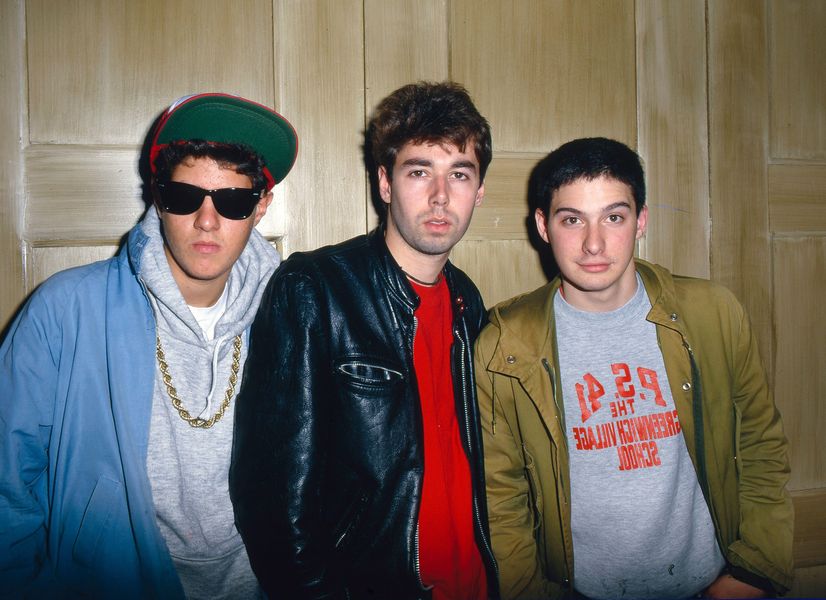The Beastie Boys helped establish hip hop as the dominant force we know today with their emphatic 1986 debut release Licensed To Ill. That album was a breath of fresh air and gave the group a platform to build on, but it also gave people the wrong idea of what The Beastie Boys were. Although their debut effort is the one that is often called their finest hour, one song remains an ode to a hefty cocktail.
Despite turning hip hop into a joke just as it was getting significant critical respect, The Beastie Boys wound up making songs so infectiously fun that they were embraced along with their more serious contemporaries.
‘(You Gotta) Fight for Your Right (to Party)’ was an MTV staple, while ‘No Sleep ’til Brooklyn’ and ‘She’s Crafty’ could be heard in frat houses all across America. Three Jewish punk rockers from New York wound up being three of the biggest rap stars in the world. They may have even invented a cocktail with ‘Brass Monkey’.
The band invented a whole new lexicon with the album, and it helped to send the record to the top of the charts. Most prominently featured in the song of the same name, a Brass Monkey is a cocktail usually containing rum, vodka, and orange juice and has now become a part of the band’s iconography. In fact, the whole record is drenched in booze, but only this cocktail gets its own track.
‘Brass Monkey’ has since become a favourite of college kids trying to find a song to get drunk to. Luckily, if you’re not taken with the cocktail, the Beastie Boys all share their favourite drinks, including martinis, Moet champagne, and Chivas Regal whisky, which luckily producer Rick Rubin foots the bill for as they rap: “Double R. foots the bill most definitely”. In truth, the band were referring to a pretty cheap cocktail in a can, made by the Heublein company in the 1970s and ’80s.
With Rick Rubin on production, the song is guaranteed to get your foot stomping. Using a sample of Wild Sugar’s ‘Bring It Here’, Rubin allows the irreverent lyrics to power out the speakers. One of the final songs to go under the radar for using a sample without clearance, it wouldn’t be until 1991 and the Gilbert O’Sullivan/Biz Markie case that such consent was mandatory.
No matter how you cut it, the song is a bonafide party-starter and should always be given ample room on the dancefloor. In celebration of its release day, we’re doing just that.
